In a significant move toward gender inclusivity, Nigeria’s top political leaders have thrown their weight behind a constitutional amendment that would reserve legislative seats for women. President Bola Tinubu, Senate President Godswill Akpabio, and House Speaker Tajudeen Abbas declared their support during a National Public Hearing on Constitution Amendment in Abuja.
The proposed bill seeks to create additional seats specifically for women in both the National Assembly and state legislatures, addressing what advocates call decades of systemic exclusion from governance.
Represented by Secretary to the Government of the Federation George Akume, President Tinubu emphasized that constitutional reform must reflect contemporary realities.
“This process is about giving Nigerians renewed confidence that their voices matter in shaping the future of our democracy,” he stated.
The political endorsement was bolstered by substantial public support, with over one million Nigerian women across all 36 states and the Federal Capital Territory submitting signed petitions demanding the bill’s passage.
Irene Awunah-Ikyegh, President of the League of Women Voters of Nigeria, presented the petitions, noting the current stark gender imbalance. “With only 15 women in the House of Representatives and four in the Senate, our democracy cannot be called inclusive,” she said, describing the legislation as a “legacy opportunity” for the 10th National Assembly.
Speaker Abbas characterized the bill as a “necessary legal instrument” for accelerating women’s inclusion, stressing that it represents justice rather than pity. Deputy Speaker Benjamin Kalu, who chairs the Constitution Review Committee, called the proposal “transformative” and designed to end systemic exclusion.
The hearing also addressed other constitutional matters, including calls for diaspora voting, recognition of persons with disabilities, and formal roles for traditional rulers. International diplomats, including the British High Commissioner and UN Resident Coordinator, expressed support for the gender inclusion reforms.
Nigeria currently ranks among the lowest in Africa for women’s political representation, with women holding less than 5% of parliamentary seats.

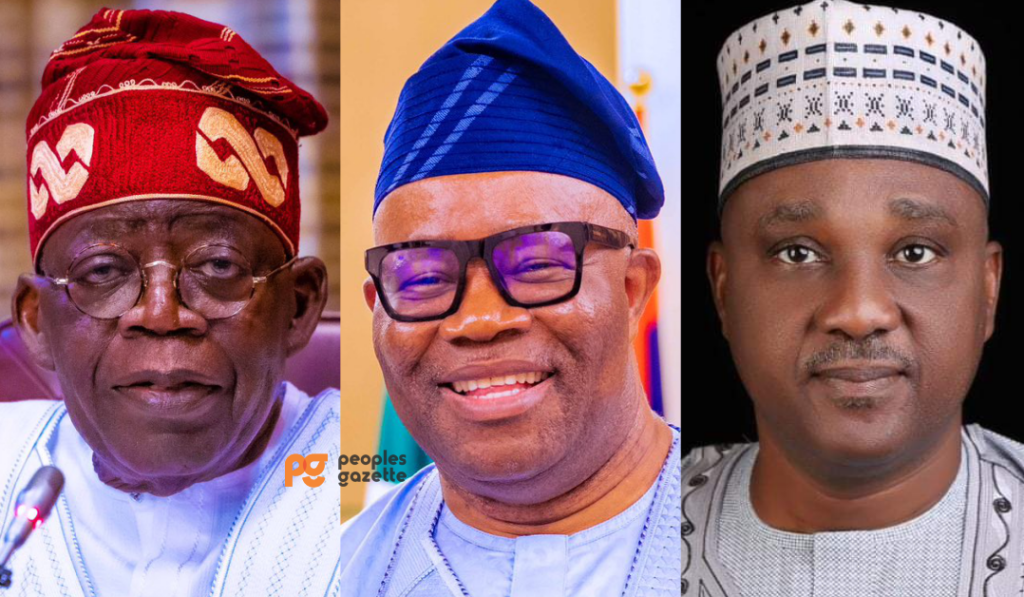
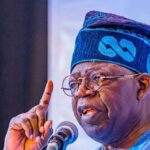
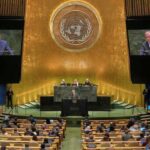



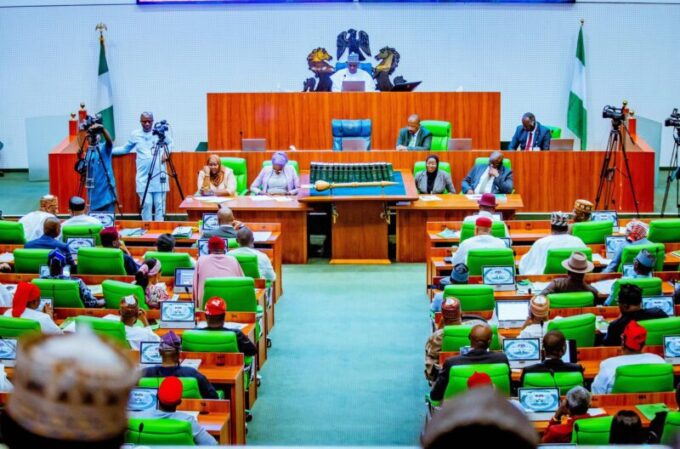
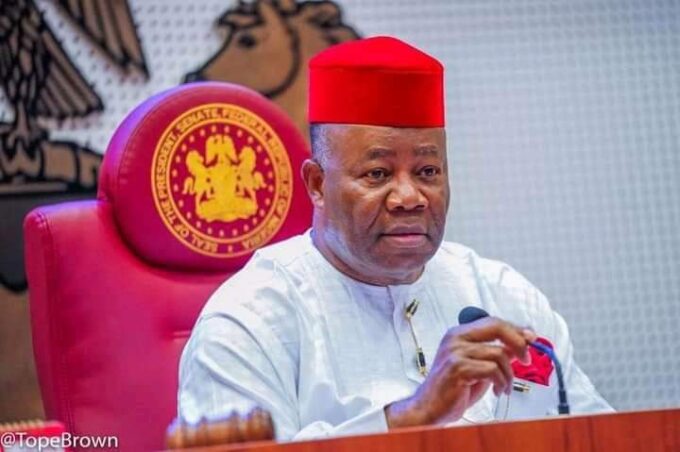
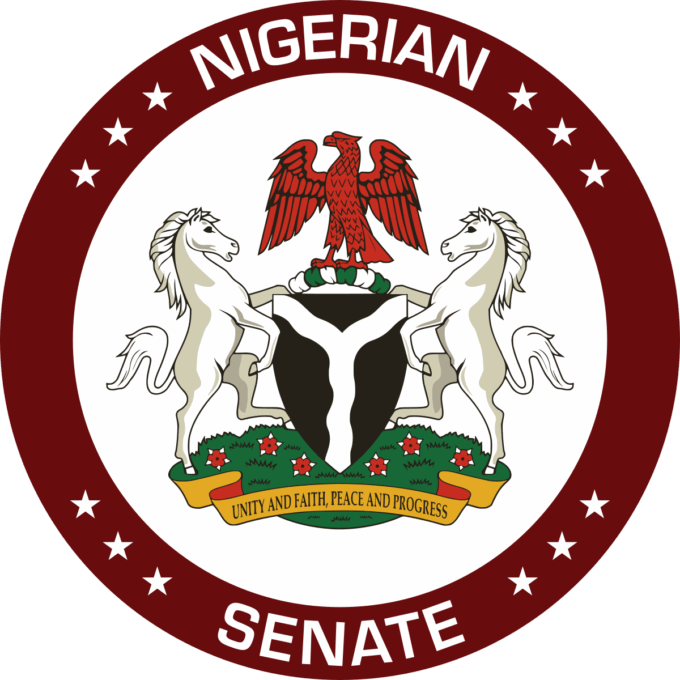




Leave a comment